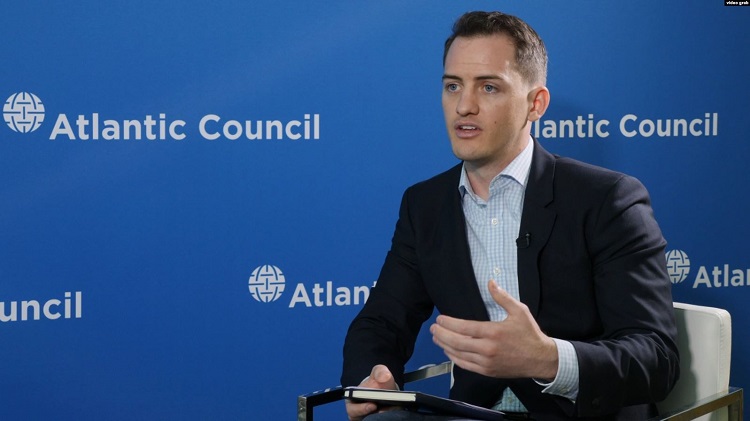Atlantic Council: fake Facebook accounts related to activities of Georgian government

Facebook has removed 39 accounts, 344 pages and 13 groups for “coordinated inauthentic behaviour” in Georgia targeting domestic audiences. Photo: Voice of America.
The Atlantic Council’s Digital Forensic Research Lab (DFRLab) has conducted its own research alongside Facebook’s investigation into the use of fake Georgian accounts to increase engagement with content and manage pages.
DFRLab says that some individuals used fake accounts to publish content that are directly related to the activities of the Georgian government.
The page admins and account owners typically posted about domestic news and political issues such as elections, government policies, public officials, criticism of the opposition and local activist organisations.
Graham Brookie, the director and managing editor of DFRLab, said in an interview with Voice of America that the lab has studied approximately 260 groups and pages with no personal accounts.
These groups and pages were publishing content that was directly related to the activities of the Georgian government and they expressed only one position. Based on our capabilities, we can confidently say that it was a coordinated operation”, said Graham Brookie.
DFRLab has found that the fake accounts were targeted at a Georgian audience, disseminating controversial socio-political content, supporting the leader of the ruling Georgian Dream party, Bidzina Ivanishvili, and his allies in the government, trying to discredit the western partners of Georgia, especially the US.
This method is of existential importance for the Russian government. The government in Russia tries to gain the support of the public by actively disseminating its narratives in media. This is not an open and free society. In the case of Georgia, the network was linked to the government and had its direct support. In democratic society this is unusual”, Brookie told the Voice of America.
Facebook has removed 39 accounts, 344 pages and 13 groups for “coordinated inauthentic behaviour” in Georgia targeting domestic audiences.
In a statement released on December 20, Nathaniel Gleicher, Head of Facebook’s Security Policy explained that the page admins and account owners typically posted about domestic news and political issues such as elections, government policies, public officials, criticism of the opposition and local activist organisations.
 Tweet
Tweet  Share
Share